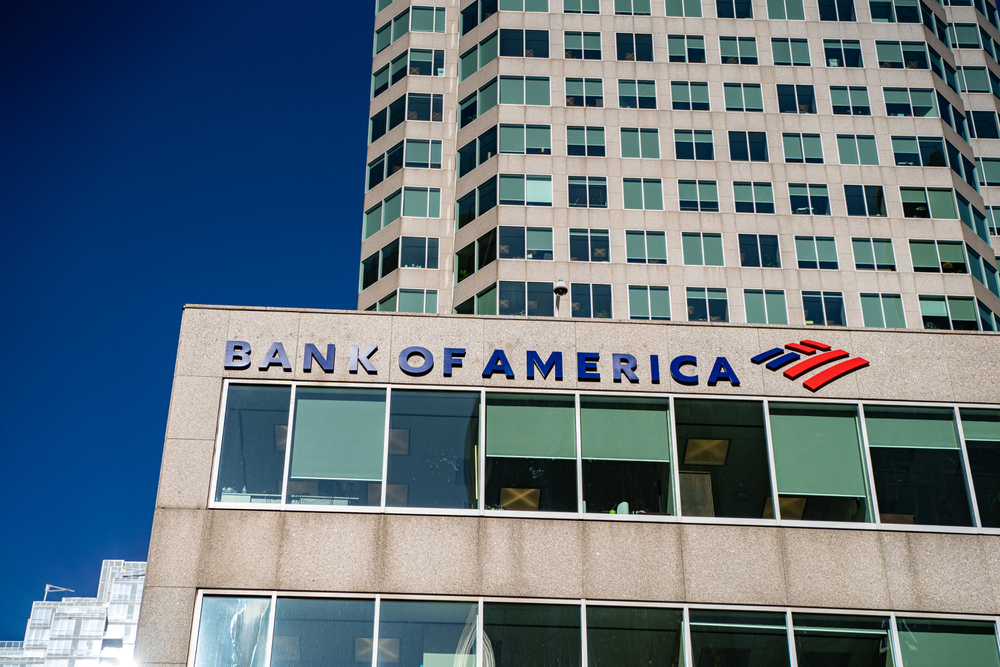Traditional vs. Online Bank
Charlotte Davis
2025-11-27
6 min read

Many people find banking to be a frustrating necessity. After all, you need a bank to pay your bills, receive your paycheck and access credit products, but does it matter whether you use a traditional or online bank? In this article, we’ll explore the topic in more detail to help you decide.
The Evolution of Banking:
Banking practices have continually evolved since the inception of the industry, but in recent years the way banks operate and how we use banking services has seen dramatic change. Only a few years ago, you would need to visit a physical building to open a new account, deposit a check or pay a bill. But the advances in technology have made online banking more accessible and convenient. These changes have heralded the rise of digital banks which don’t have bricks and mortar branches. Even some of the traditional banks have adopted online only accounts, which do not provide branch access in the features.
Online Banks:
Online or digital banks don’t need to maintain a physical branch network, which means lower overheads. They operate in a very similar way to traditional banks, but you need to conduct all actions online. So, if you want to open a new account, arrange a transaction or anything related to setting up your account, you’ll need to rely on the online interface or mobile banking app. When you are ready to open an account, you will still need all of the information and documentation that you would take to a physical branch. But, you’ll complete the application on the bank’s website. You will still need to provide your full name, Social Security Number, date of birth, address and contact details. Many online banks allow you to upload copies of your proof of ID and residence, so your information can be verified. But, since you provide the information virtually, you don’t need to interact with a bank teller, making the process more convenient. You could even open a bank account at midnight on a Saturday, without needing to think about standard banking hours. Many online banks still offer a similar product line, so you can still access checking accounts with debit cards, savings accounts, credit cards, money transfers and even investment management. They also tend to still offer the Federal Deposit Insurance Corp (FDIC) coverage as you would with a traditional bank. This means that eligible accounts have up to $250,000 of federal insurance should the bank fail.

Traditional vs Online Banks: Which is Better?
There is no simple answer to this question, as everyone has their own unique needs and preferences. To determine which is the better fit for you, let’s consider the advantages and disadvantages of both options.
Advantages of Traditional Banks:
• Physical Branches: The most obvious advantage is that if you’re a traditional bank customer, you can simply walk into any branch and speak to a real person. So, if you have complex financial needs or prefer personal interaction, physical branches are a big plus.
• Wider Range of Services: Traditional banks tend to offer services that a digital platform would struggle to replicate. For example, in person, professional financial advice and cash deposits.
• Extensive ATM Networks: Traditional banks tend to have well established ATM networks. So, in addition to being able to access the branches themselves, you can withdraw and pay in cash, get transaction lists and more using an ATM.
Disadvantages of Traditional Banks:
• Inconsistent Service: While being able to interact with the staff in person can be a big selling point for traditional banks, there are no guarantees of consistent service. The customer service in one branch may be far better than another and some branches may have a very surly, unhelpful team.
• Limited Hours: Physical banks will have set hours, so you may find it more difficult to access banking services if you’re unable to get to a branch during standard business hours.
• Higher Fees: Since traditional banks need to cover the overhead of a physical branch network, they tend to charge monthly service fees or offer less attractive rates.
Advantages of Online Banks:
• Lower Fees: Since online banks have lower overheads, they don’t tend to charge lower fees on their accounts. In some instances, it is possible to find fee free accounts.
• More Attractive Rates: This follows on from the previous point, but the lower overheads also allow online banks to offer higher savings rates and lower lending rates. You may even find online bank credit cards offer better rewards and benefits.
• Convenience: You can access online banks at any time of the day or night. So, if you suddenly decide that you need to open an account at 3am, there is nothing stopping you.
Disadvantages of Online Banks:
• Smaller ATM Networks: If you want to withdraw or deposit cash, you’ll need to rely on an ATM, but many online banks have smaller ATM networks. In some cases, the bank does not have an ATM network, which means that you’ll have limited ATM services and may incur fees.
• Learning Curve: If you don’t have a stable internet connection or are a little tech averse, you are likely to face a frustrating learning curve to manage your account.
• Limited Support: Online banks don’t have in-person support, so when you have an issue, you’ll need to rely on phone or online support, or use a chatbot.
• No Checking Account: Some digital banks don’t have a checking account in their product line up, which makes day to day banking difficult. You may also have to have a traditional bank account that you link to your online bank account to transfer funds.
Summary:
There is no easy answer to whether a traditional or online bank is best for you. You’ll need to think about your needs and preferences. Traditional banks tend to offer more services and in person support, but online banks tend to have more attractive rates and greater convenience. If you choose an online bank that has FDIC insurance, it is just as safe as if you were using a traditional bank. There are also some traditional banks that offer online banking to enhance the convenience. Fortunately, if you’re struggling to decide, you don’t need to choose between them. Many people have both traditional and online bank accounts and enjoy the best of both worlds.



